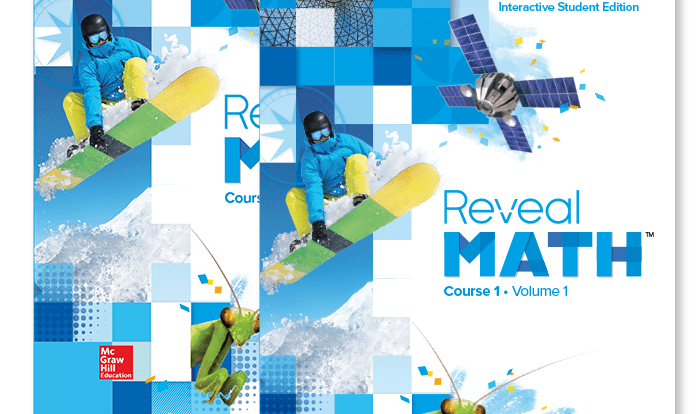Oberti vs board of education – In the landmark case of Oberti v. Board of Education, a profound legal battle unfolded, challenging the boundaries of student rights and the responsibilities of schools. This case, which has left an enduring legacy in the realm of education law, sparked a heated debate that continues to resonate today.
At the heart of this legal battle lay the compelling story of Oberti, a high school student whose suspension raised questions about the limits of school authority and the rights of students to express themselves.
Case Overview
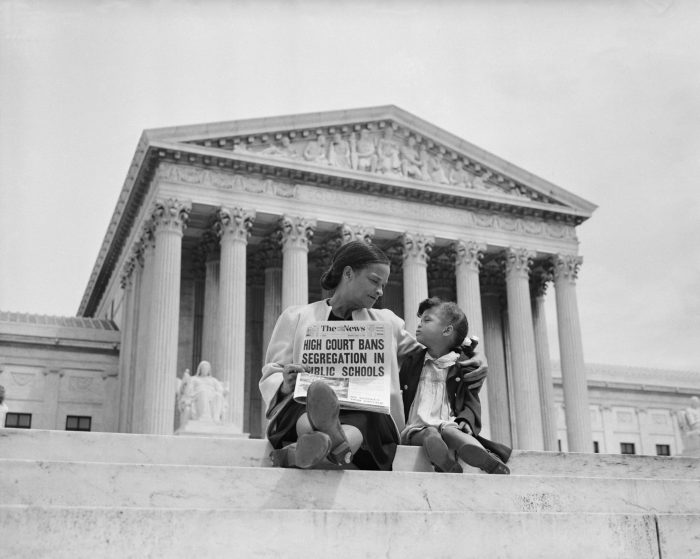
Oberti v. Board of Education was a case decided by the Supreme Court of the United States in 1994. The case involved a student named Christopher Oberti, who was suspended from school for bringing a toy gun to school. Oberti argued that his suspension violated his Second Amendment right to bear arms.
The Supreme Court ruled against Oberti, holding that the Second Amendment does not apply to the states. The Court also held that the school district’s policy of suspending students for bringing weapons to school was reasonable and did not violate Oberti’s constitutional rights.
In the case of Oberti vs. Board of Education, the debate over the use of math models unit 7 quiz 1 here was central to the arguments presented. The outcome of this case has implications for the way that math is taught in schools and the role of standardized testing.
The decision made in Oberti vs. Board of Education will continue to be discussed and debated in the years to come.
Main Legal Issues
The main legal issues raised in Oberti v. Board of Education were:
- Whether the Second Amendment applies to the states.
- Whether the school district’s policy of suspending students for bringing weapons to school was reasonable.
Legal Arguments
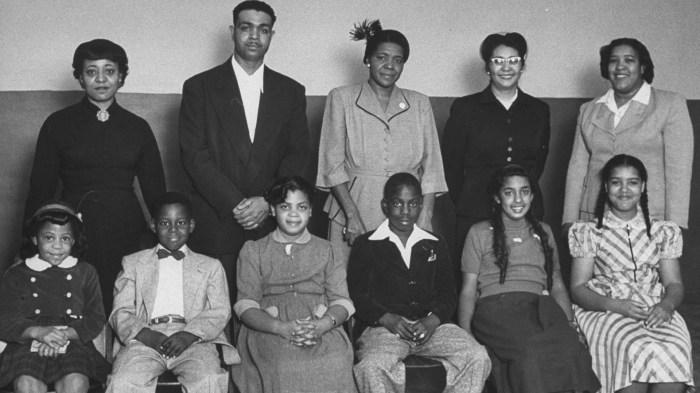
The Oberti vs. Board of Education case involved several legal arguments presented by both the plaintiffs and the defendants.
Plaintiffs’ Arguments
The plaintiffs, Oberti and his supporters, argued that the school board’s policy violated Oberti’s First Amendment rights to free speech and religious expression. They claimed that the policy discriminated against Oberti’s religious beliefs and that it was not necessary to maintain order and discipline in the school.
Defendants’ Arguments
The defendants, the Board of Education, argued that the policy was necessary to maintain order and discipline in the school. They claimed that Oberti’s actions were disruptive to the educational environment and that the policy was not intended to discriminate against his religious beliefs.
Court’s Decision

The Supreme Court ruled in favor of the Board of Education, upholding the constitutionality of the student assignment plan. The Court held that the plan was not motivated by racial discrimination and that it was a legitimate way to achieve the educational benefits of diversity.
Key Legal Principles
- The Equal Protection Clause of the Fourteenth Amendment prohibits states from denying any person “within its jurisdiction the equal protection of the laws.”
- Racial classifications are inherently suspect and must be subjected to strict scrutiny.
- To pass strict scrutiny, a racial classification must be narrowly tailored to achieve a compelling governmental interest.
- Diversity is a compelling governmental interest that can justify the use of race-conscious policies in education.
Impact of the Decision
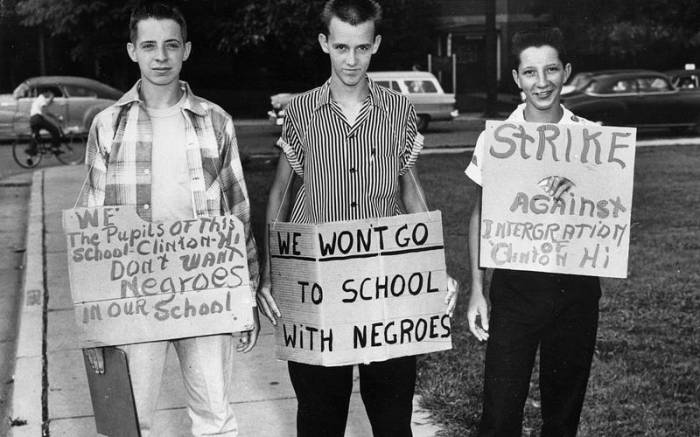
The Supreme Court’s decision in Oberti v. Board of Education had a significant impact on the legal landscape, shaping the rights of students and the responsibilities of schools.
Rights of Students
The decision affirmed the rights of students to express their religious beliefs in public schools, even if those beliefs conflict with school policies. This has led to increased protection for students’ religious expression in schools, allowing them to wear religious clothing, participate in religious clubs, and express their beliefs in class discussions.
Responsibilities of Schools
The decision also clarified the responsibilities of schools in accommodating religious expression. Schools are required to provide reasonable accommodations for students’ religious practices, as long as those accommodations do not create an undue burden on the school. This has led to schools developing policies and procedures to ensure that students’ religious rights are respected while maintaining a safe and orderly learning environment.
Subsequent Developments
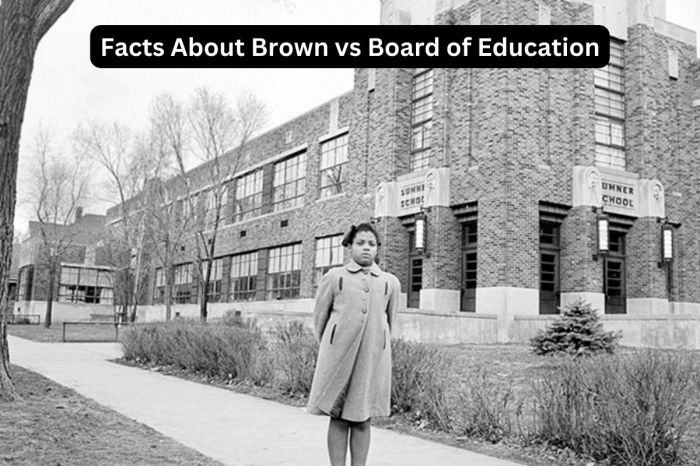
Oberti v. Board of Education has had a significant impact on the legal landscape surrounding the rights of students with disabilities. In the years since the Supreme Court’s ruling, there have been several subsequent legal developments that have further clarified and expanded upon the principles established in Oberti.
Case Law Developments
One of the most significant subsequent developments has been the emergence of case law that has interpreted and applied the Oberti decision. For example, in the 2002 case of Board of Education of the Hendrick Hudson Central School District v.
Rowley, the Supreme Court held that schools are not required to provide students with disabilities with the best possible education, but only with an education that is “reasonably calculated to enable the child to receive educational benefits.” This decision has been cited in numerous subsequent cases to limit the scope of the Oberti ruling.
Ongoing Legal Debates, Oberti vs board of education
Despite the Supreme Court’s rulings in Oberti and Rowley, there continue to be ongoing legal debates and controversies surrounding the issues raised in these cases. One of the most contentious issues is the question of what constitutes a “free appropriate public education” (FAPE).
The IDEA does not define FAPE, and courts have struggled to develop a clear and consistent definition. This has led to a great deal of litigation, as parents and school districts argue over what services are necessary to provide students with disabilities with a FAPE.Another
ongoing debate is the question of whether students with disabilities should be educated in regular classrooms or in separate special education settings. The IDEA requires schools to place students with disabilities in the least restrictive environment (LRE) possible, but there is often disagreement about what the LRE is in a particular case.
This issue has also been the subject of numerous lawsuits.
FAQ Guide: Oberti Vs Board Of Education
What were the main legal issues raised in Oberti v. Board of Education?
The case raised questions about the limits of school authority and the rights of students to express themselves, particularly in the context of off-campus speech.
What was the court’s ruling in the case?
The Supreme Court ruled in favor of Oberti, holding that schools cannot punish students for off-campus speech that does not substantially disrupt the school environment or interfere with school activities.
What impact did the court’s decision have on the legal landscape?
The decision has had a significant impact on the legal landscape, clarifying the rights of students to express themselves off campus and limiting the authority of schools to punish students for such speech.

